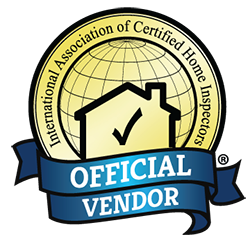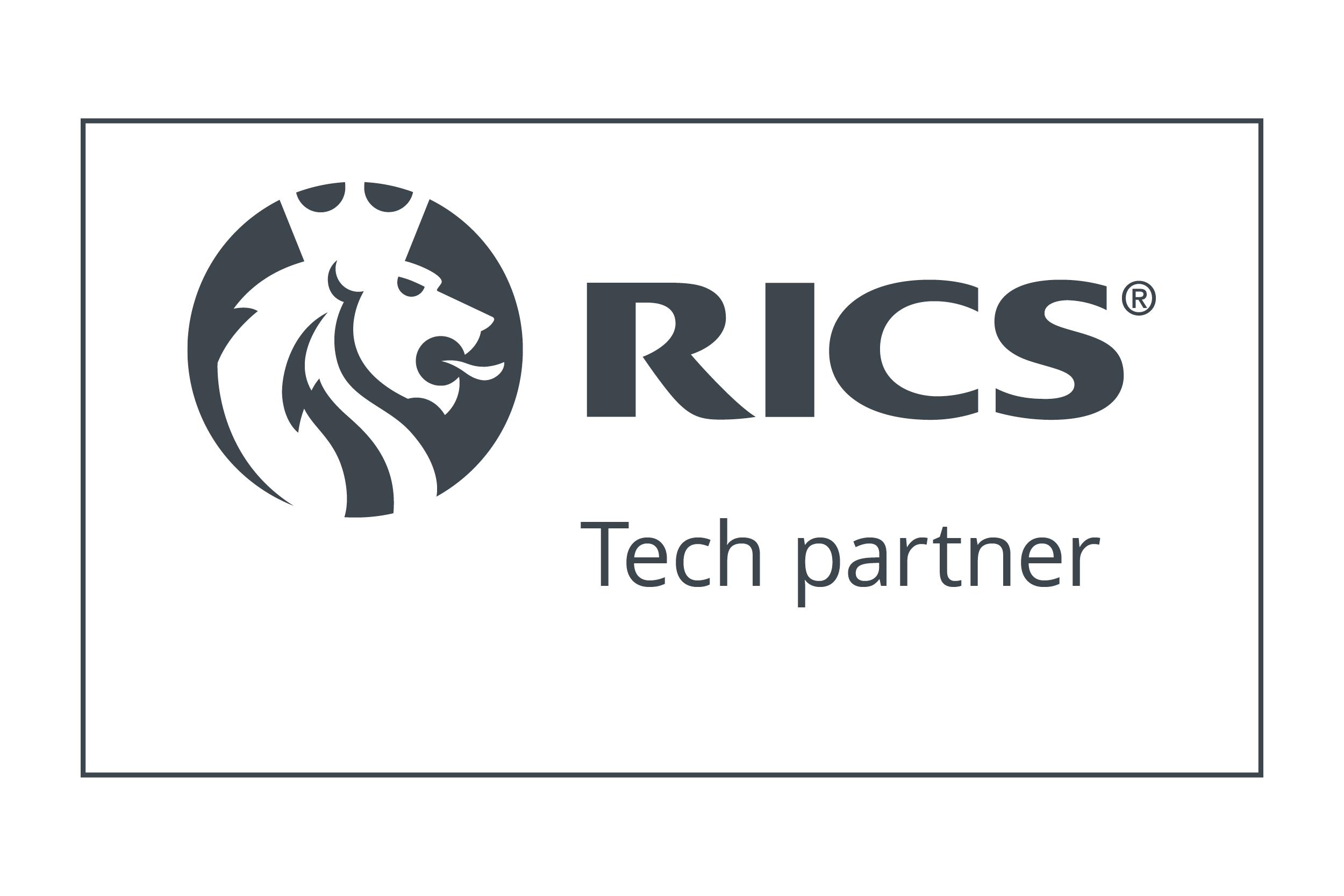A survey of nearly 5,000 property managers has recently highlighted a “strong sense of optimism” across the profession. Despite mounting challenges like hiring top-tier talent and rising inflation, with a few changes property management teams are poised for success in 2023.
The 2023 Property Manager Benchmark Report conducted by AppFolio drew insight from a sample of 5,000 US-based property management professionals, segmenting the data by portfolio size: 50 to 499 units; 500 to 5000 units; and more than 5000 units.
Shane Trigg, General Manager of Real Estate at AppFolio, said: “Property managers see the challenges before them, but still view 2023 as a year of growth, whether that means expanding their portfolios, hiring new staff and improving culture, or streamlining and automating existing processes to create a more efficient organisation.”
The report highlighted numerous challenges facing property managers and property management teams, detailing a surprising level of alignment irrespective of portfolio size, with common trends shared by those with the fewest properties under management and those with the most.
When asked about the biggest risks faced in the upcoming 12 months, respondents unanimously agreed on a range of factors, but the following stood out as areas of the biggest concern:
- Delinquencies
- Fulfilling planned maintenance
- Government regulations
Delinquencies
When it comes to dealing with delinquencies, property managers will say that it’s just a part of their job, one that has been around for ages and will continue to persist. But we live in harder economic times, so the chance of delinquency is far more heightened of late, adding even more risk to the property management profession.
In the report, 43% of companies managing less than 499 properties said that delinquencies were one of the biggest risks to their organisation over the next 12 months. 44% of companies managing 500-5000 units said the same, and 49% of companies managing more than 5000 units agreed, too.
Effectively managing delinquencies can have a massive impact on operational performance, and this starts at the very beginning, of course. Finding reliable and trustworthy renters, conducting thorough background checks and signing the right agreements are all imperative when counteracting the risk of delinquency.
It should go without saying, but moving through the tenancy period and ensuring that all client requests are accommodated, especially when it comes to maintenance issues, are also not to be overlooked.
With many property managers still using pen-and-paper methods to go about their work, it’s no wonder that so many property management firms fear delinquencies as much as they do. However, mitigating the risk of delinquencies can be simplified by implementing property management software…and not just for collections.
There are so many areas in which technology can help effectively manage delinquencies, such as maintenance inspections, inventory checks, risk assessments and condition reports. The easier it is for property managers to keep on top of the causes of delinquencies, the greater the operational performance and the happier the tenants.

Fulfilling planned maintenance
As we’ve mentioned, maintenance issues can be a significant contributing factor to delinquencies. However, they’re also the cause of more widespread problems that could lead to legal complications, safety issues and asset depreciation.
Regardless of the property or portfolio size, maintenance is a fundamental part of property management. It’s not something that can be put off for another day as it often leads to more problems if left unchecked.
Routine maintenance eliminates the risk of damage and depreciation. While small repairs might seem insignificant, they could prove costly further down the line.
Maintaining a property isn’t easy, and this is especially true if a property manager is in charge of a vast portfolio without the correct infrastructure to effectively manage everything. Tenant satisfaction is one of the biggest reasons to ensure maintenance is taken seriously. Looking after a property increases tenant retention, saving time searching and waiting for new tenants.
In addition to this, well-maintained properties benefit from a higher sale value and rental yield. No one likes to buy a property that hasn’t been appropriately maintained and few tenants will be attracted to a property in disrepair.
Government regulations
In almost every region on earth, there are regulations and acts that seek to uphold standards and protect everyone involved in the management, lease and sale of a property, whether residential or commercial.
For example, The US Department of Energy released its updated energy efficiency standards for new government-owned buildings in the Spring of last year, as it seeks to tackle the rising cost of fuel and electricity. The new standards take effect in April 2023 and will become a requirement for all new federal buildings, as well as renovations of existing ones.
Keeping up to date with the latest changes to regulations and requirements is crucial for property management firms. Of course, the larger firms will likely have their own legal teams in-house, so it’s imperative that the smaller companies thoroughly document their processes, ensuring they can demonstrate full compliance at all times.
While it’s easier said than done, it becomes much easier to manage with the help of inspection and reporting software. Maintaining an auditable trail of documentation could make all the difference if complications arise in the future.

Streamlining and automating operations
In the face of mounting challenges, property managers are now confronted with a choice. Either they maintain the status quo and continue with their current working methods or revolutionise the way they do business.
Those surveyed in the report said that streamlining/automating operations is one of the biggest opportunities over the next 12 months (32%), while 25% said adopting new technology would be a boon for their organisation, and there are many reasons why.
Whether it’s reducing costs (49%), improving project management processes (49%), making better decisions using data (35%) or freeing up the team from labour-intensive processes (55%), the incentives are clear – implementing technology to streamline operations is high on the agenda for all property management firms.
This shows promising signs in an industry that has typically been dominated by outdated, paper-based processes, which consistently lead to lost files, low productivity, miscommunication and data entry errors.
Innovative software that helps property managers carry out their inspections, reporting and maintenance increases efficiency by establishing a centralised system that keeps all evidence and information in one place, reassuring property management teams, tenants and prospective buyers.
Simply put, property management software addresses many of the problems faced by property managers so they can be much more effective and productive. Streamlining processes saves time and money, leading to greater operational efficiency – something that is sorely needed in times of economic uncertainty.











